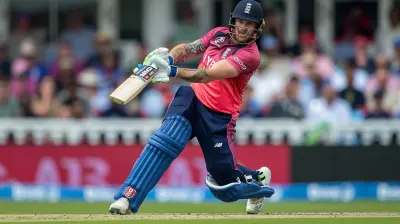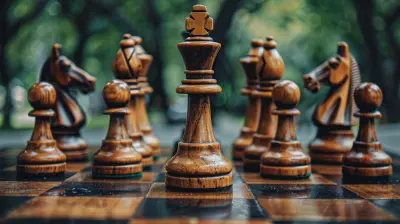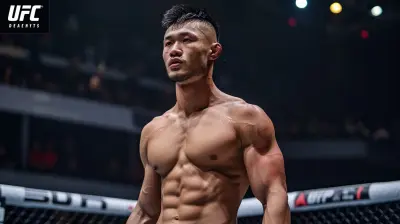The Differences Between MMA and Traditional Martial Arts
8 April 2025
When you hear about martial arts, you probably imagine traditional forms like Karate or Taekwondo, right? Or maybe you envision the fast-paced, intense action of MMA (Mixed Martial Arts) that has exploded in popularity over the last couple of decades. But what are the actual differences between these two? If you’ve ever wondered how MMA stacks up against traditional martial arts styles, you’ve come to the right place.
In this article, we’re going to dive deep into the key differences between MMA and traditional martial arts. We'll talk about their origins, philosophies, training methods, and more. So, whether you’re considering taking up martial arts or just a fan of combat sports, stay tuned!
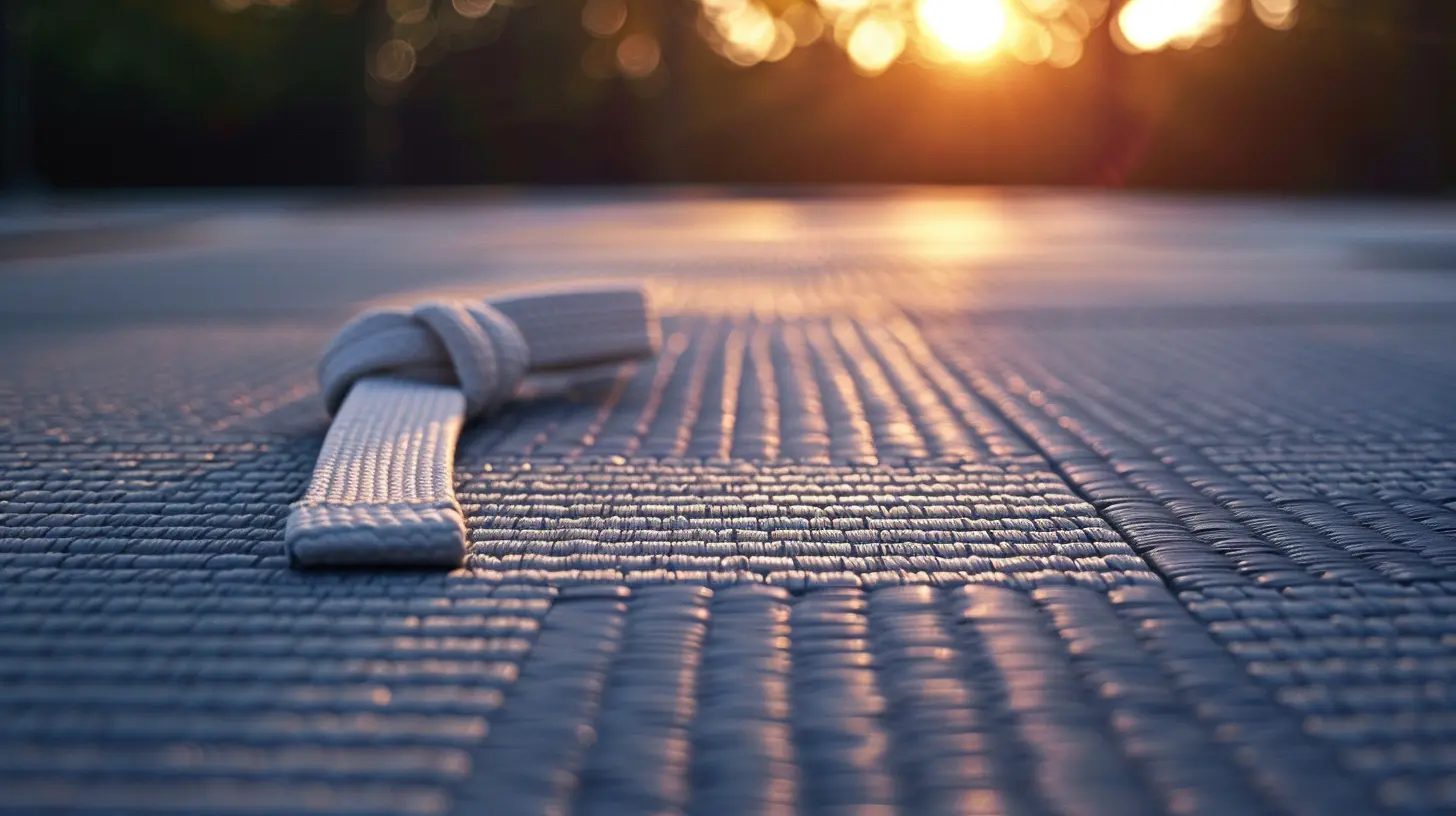
What is MMA?
The Evolution of a Hybrid Sport
MMA, or Mixed Martial Arts, isn’t really a single martial art in the traditional sense. Instead, it's a hybrid sport that combines techniques from a variety of martial arts disciplines, including boxing, wrestling, Brazilian Jiu-Jitsu (BJJ), Muay Thai, and many more. It’s a relatively new phenomenon in the world of combat sports, gaining mainstream attention in the 1990s with the rise of the UFC (Ultimate Fighting Championship).The core principle of MMA is simple: use whatever works. Fighters are not bound by the rules of one discipline and can incorporate techniques from multiple martial arts styles to defeat their opponents. This gives MMA a very practical, no-nonsense approach, as the primary goal is effectiveness in real-time combat.
The Cage and the Rules
One of the first things people notice about MMA is the cage, known as the "Octagon" in the UFC. Unlike traditional martial arts competitions, which are often held in a ring or on mats, MMA fights usually take place in a caged environment. This is designed to prevent fighters from falling or being pushed out of bounds.MMA also has a set of rules, but these are generally more flexible compared to traditional martial arts. While there are restrictions (no eye gouging, groin strikes, etc.), fighters have a wide range of techniques at their disposal. They can strike with their fists, elbows, knees, and feet, as well as grapple on the ground.
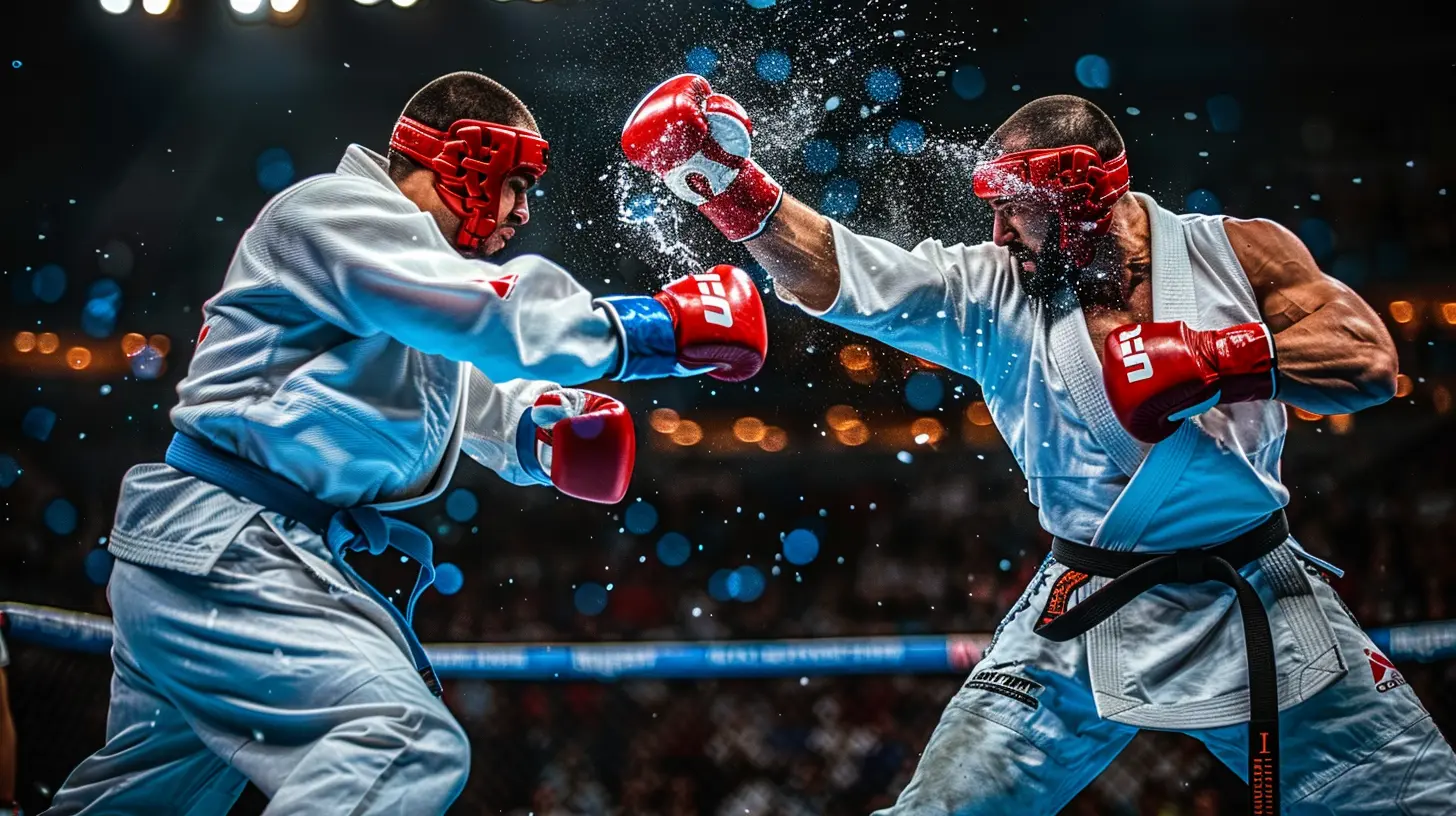
What Are Traditional Martial Arts?
A Deep History and Philosophy
Traditional martial arts are, well, traditional. They have deep roots that go back centuries, often originating from specific cultures and carrying with them not only fighting techniques but also a rich philosophy and set of values. Think about styles like Karate, Taekwondo, Kung Fu, and Judo. These martial arts were developed not just as a means of self-defense but also as a way to cultivate discipline, respect, and personal growth.For example, Karate originated in Okinawa, Japan, and focuses heavily on striking techniques combined with kata (form practice) and a deep spiritual philosophy. Kung Fu, which has its origins in China, combines fluid, animal-inspired movements with an emphasis on balance, coordination, and mindfulness.
The Dojo and the Rules
Traditional martial arts are often practiced in a controlled environment called a dojo (or dojang in Taekwondo). These dojos are not just training spaces; they are sanctuaries where students learn not only physical techniques but also mental discipline. The practice of bowing to your instructor or opponent is common and symbolizes respect, a value deeply ingrained in traditional martial arts.The rules in traditional martial arts tournaments are much stricter compared to MMA. For example, in a Karate match, points are often awarded for landing clean, controlled strikes, and many dangerous techniques (like elbow strikes or ground fighting) are not allowed.
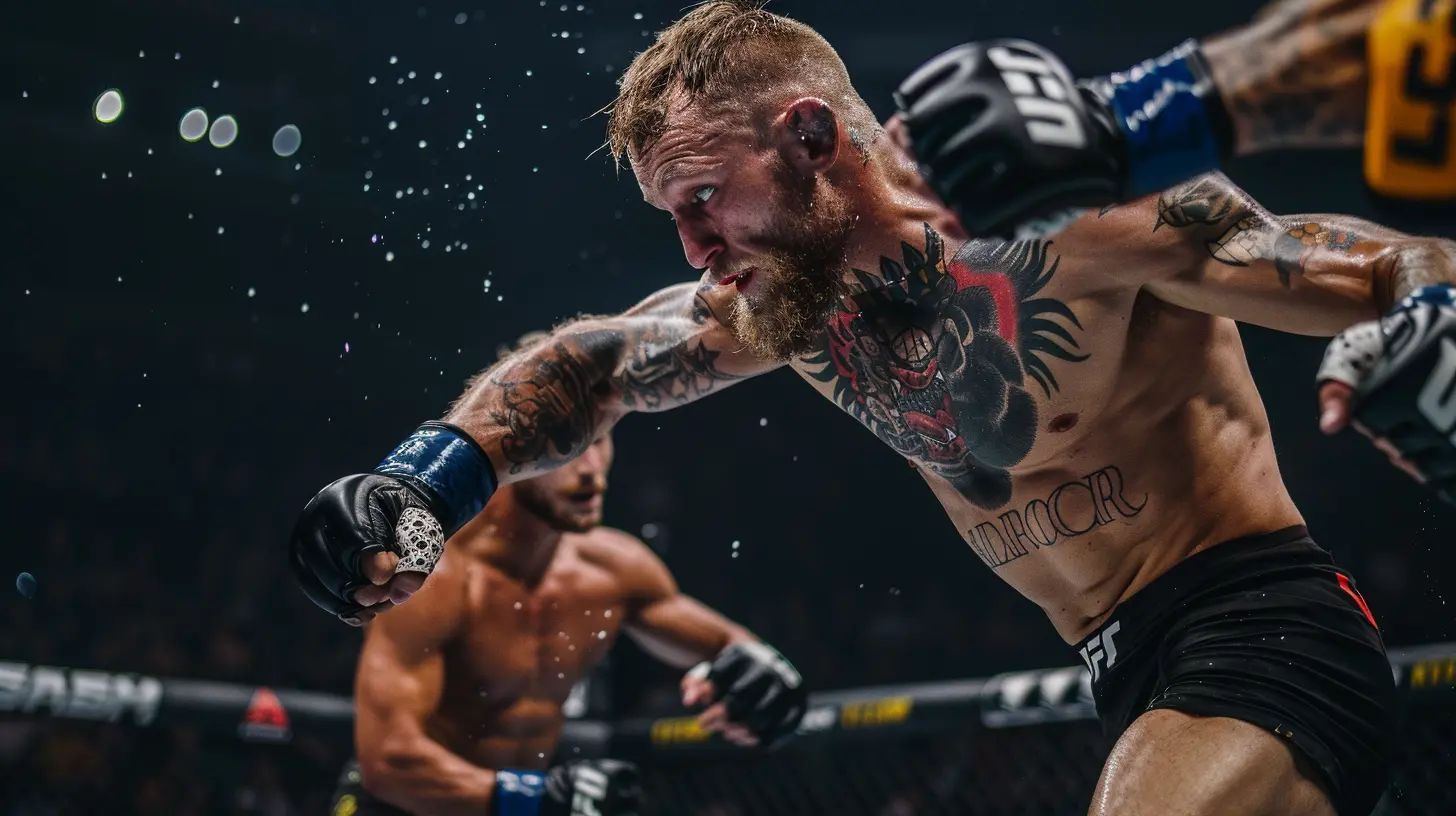
The Key Differences Between MMA and Traditional Martial Arts
1. Approach to Combat
When it comes to the overall approach to fighting, MMA is highly practical and focused on real-world effectiveness. The goal in an MMA fight is to win, whether by knockout, submission, or decision. Fighters are encouraged to adapt to their opponent's style and use whatever techniques work best in that moment.Traditional martial arts, on the other hand, often take a more holistic approach. While self-defense is certainly a key component, there’s also a focus on improving oneself mentally, emotionally, and spiritually. The techniques are often practiced in a controlled, ritualized manner, sometimes with an emphasis on perfection rather than immediate effectiveness.
Think of it like this: MMA is a Swiss Army knife—versatile, adaptable, and ready for anything. Traditional martial arts are more like a finely sharpened sword—powerful, but specialized and with a deeper meaning behind every movement.
2. Training Methods
The training methods between MMA and traditional martial arts differ significantly. In MMA, training is usually broken into multiple disciplines. Fighters might spend one day working on their striking with a boxing coach and another day focusing on grappling with a BJJ instructor. The emphasis is on cross-training to become a well-rounded fighter.Traditional martial arts tend to focus on mastering one discipline at a time. Practitioners may spend years perfecting the forms or techniques of their chosen style. There is often a greater emphasis on kata (pre-arranged forms) in traditional martial arts, where practitioners simulate fights against imaginary opponents.
While MMA training is often grueling and very physically demanding, traditional martial arts may also include meditation and breathing exercises, reinforcing the connection between mind and body.
3. Philosophy and Discipline
Here’s where things get really interesting. Traditional martial arts often come with a deeply rooted philosophy. For example, Karate’s philosophy revolves around the idea of "karate-do," or "the way of the empty hand," which emphasizes humility, respect, and self-improvement. Martial arts like Kung Fu or Aikido encourage practitioners to blend with their opponent’s movements and develop inner peace.In contrast, MMA doesn’t have a single unifying philosophy. The sport is rooted in competition, and while there’s definitely respect between fighters, the focus is more on physical prowess and winning the match. That’s not to say MMA fighters lack discipline—they definitely do—but the spiritual and philosophical elements that are central to traditional martial arts are less emphasized.
MMA is more about "what works in the moment," while traditional martial arts are often about "what works over a lifetime."
4. Sport vs. Lifestyle
Another big difference lies in the way each discipline is practiced outside of the gym. For many traditional martial artists, their practice is a way of life. The values they learn in the dojo, such as discipline, respect, and perseverance, often carry over into other areas of their lives.MMA, while certainly a lifestyle for many fighters, is primarily viewed as a sport. The focus is on competition and becoming the best fighter possible. While MMA fighters train hard and live disciplined lives, the philosophical and spiritual components found in traditional martial arts are often secondary.
5. Uniforms and Tradition
If you’ve ever watched an MMA fight, you’ll notice the fighters usually wear shorts and gloves, and that’s about it. There’s no traditional uniform, no belts, and no ranking system based on colored belts like you’d find in Karate or Taekwondo.In traditional martial arts, the uniform (often called a gi) is an important part of the practice. Different colored belts signify different levels of mastery, and practitioners often spend years working their way up through the ranks, from white belt to black belt and beyond.
The uniform and belt system in traditional martial arts serve as a reminder of the discipline and commitment required to master the art. In MMA, while skill and talent are certainly respected, the focus is more on performance in the cage than on earning a particular rank.
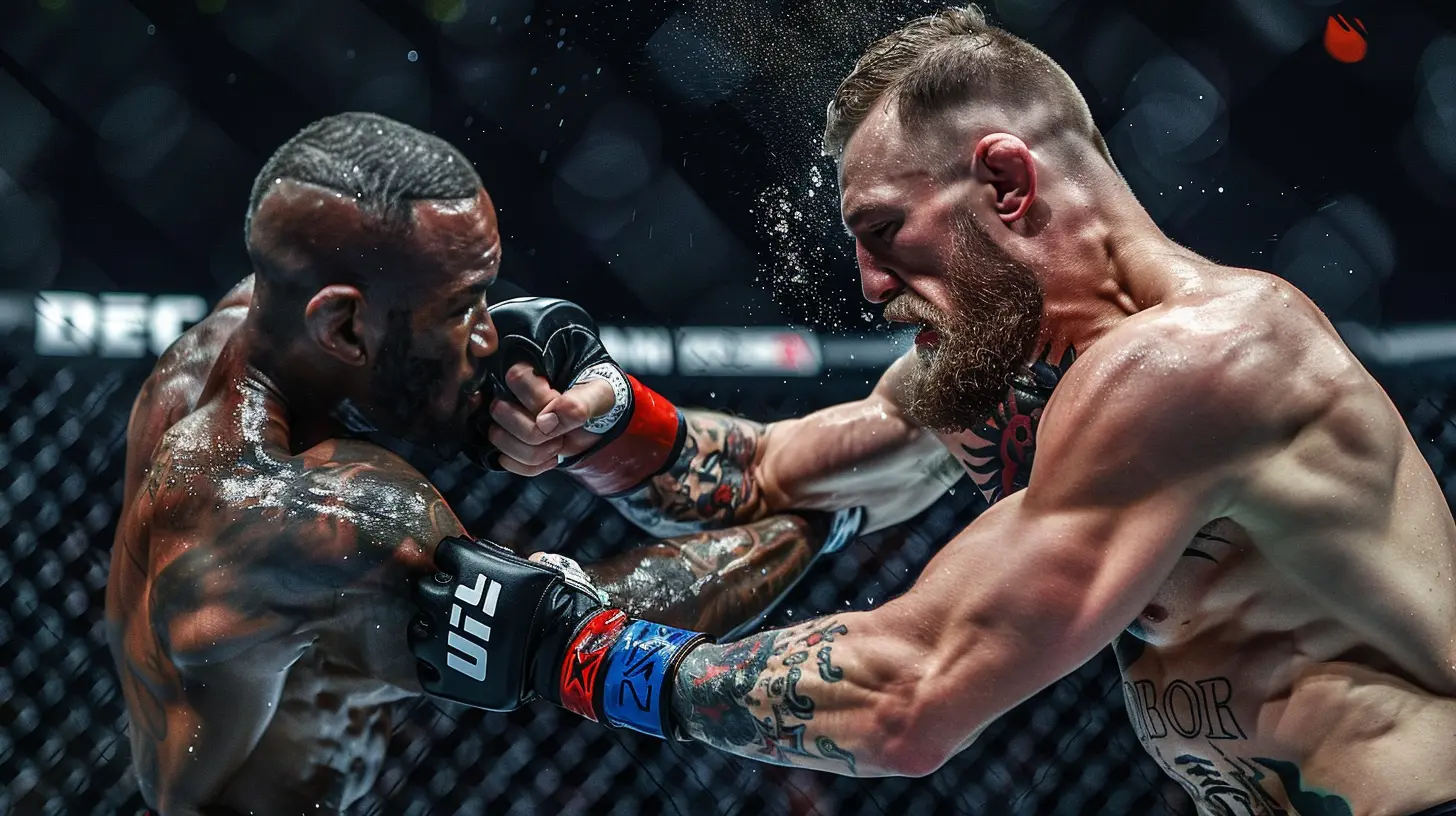
Which Is Better: MMA or Traditional Martial Arts?
Ah, the age-old question—which is better? The truth is, it depends on what you’re looking for.If you want to compete in a sport that’s fast-paced, exciting, and allows you to test your skills against a variety of opponents, MMA is probably your best bet. It’s a practical, no-nonsense approach to fighting that emphasizes adaptability and real-world effectiveness.
On the other hand, if you’re looking for a practice that goes beyond just fighting—something that can help you grow as a person, improve your discipline, and connect you to a rich tradition—traditional martial arts might be more up your alley. The techniques might not be as adaptable in a no-holds-barred cage fight, but the emphasis on respect, discipline, and personal growth can be incredibly rewarding.
In the end, it’s not about which is better—it’s about what works for you. Both MMA and traditional martial arts offer unique benefits, and many people find value in practicing both!
Conclusion
Whether you’re drawn to the fast-paced, competitive nature of MMA or the disciplined, spiritual path of traditional martial arts, both have their merits. MMA is all about versatility and effectiveness, while traditional martial arts emphasize a lifelong journey of self-improvement.So, what’s your choice? Do you want to step into the cage and test your skills, or would you prefer the calm, disciplined environment of a dojo? Either way, you’ll be learning valuable skills that can make you stronger, both physically and mentally.
all images in this post were generated using AI tools
Category:
MmaAuthor:

Preston Wilkins
Discussion
rate this article
6 comments
Chloe McPherson
Embrace diversity in combat—strength lies in versatility!
April 29, 2025 at 11:39 AM

Preston Wilkins
Absolutely! Embracing diversity enhances techniques and strategies, making martial artists more adaptable and effective in a variety of combat situations.
Megan Martinez
Great article! I appreciate the clear distinctions made between MMA and traditional martial arts. Understanding the unique philosophies and training approaches of each discipline really enhances our appreciation for both. It's fascinating how they each contribute to the broader landscape of martial arts and personal development. Thank you for sharing!
April 20, 2025 at 12:31 PM

Preston Wilkins
Thank you for your thoughtful comment! I’m glad you found the distinctions helpful in appreciating both disciplines. Your perspective on their contributions to martial arts is insightful!
Rory McGovern
While traditional martial arts teach patience and discipline, MMA teaches that sometimes, the best strategy is to throw a punch first and ask questions later! It’s like the difference between a polite tea ceremony and an all-out brawl over the last donut. Let’s rumble!
April 19, 2025 at 7:15 PM

Preston Wilkins
That's a fun analogy! MMA definitely emphasizes aggression and adaptability, whereas traditional martial arts focus more on technique and philosophy. Both have their unique strengths.
Weston Pope
While traditional martial arts offer a rich tapestry of philosophy and discipline, MMA is the electrifying spark that ignites competition—showcasing raw skill and adaptability. One is a canvas; the other, the fierce masterpiece.
April 16, 2025 at 8:41 PM

Preston Wilkins
Thank you for your insightful comment! You've beautifully captured the essence of both MMA and traditional martial arts, highlighting their unique contributions to martial arts as a whole.
Rune Phelps
Great article! It’s fascinating to see how MMA and traditional martial arts each bring unique strengths and philosophies to the table. Both offer incredible skills!
April 16, 2025 at 11:38 AM

Preston Wilkins
Thank you! I'm glad you found it fascinating—both MMA and traditional martial arts truly have their own unique contributions to the martial arts landscape.
Kova Rodriguez
This article effectively highlights the key distinctions between MMA and traditional martial arts, emphasizing their unique training methods and philosophies. Both have their merits, catering to different preferences and goals in martial arts practice.
April 9, 2025 at 7:10 PM

Preston Wilkins
Thank you for your thoughtful comment! I’m glad you found the distinctions between MMA and traditional martial arts insightful. Each approach truly offers unique benefits for practitioners.

